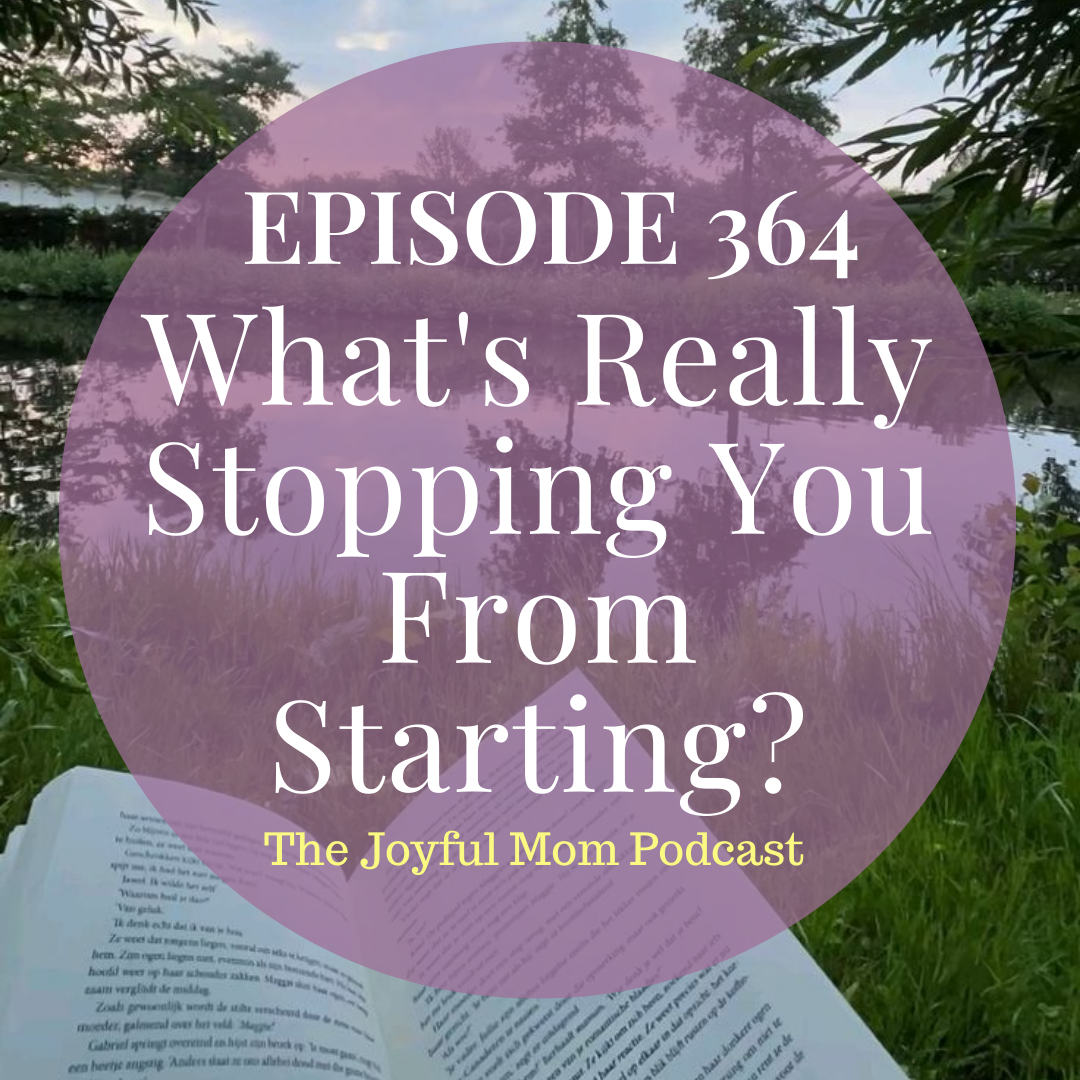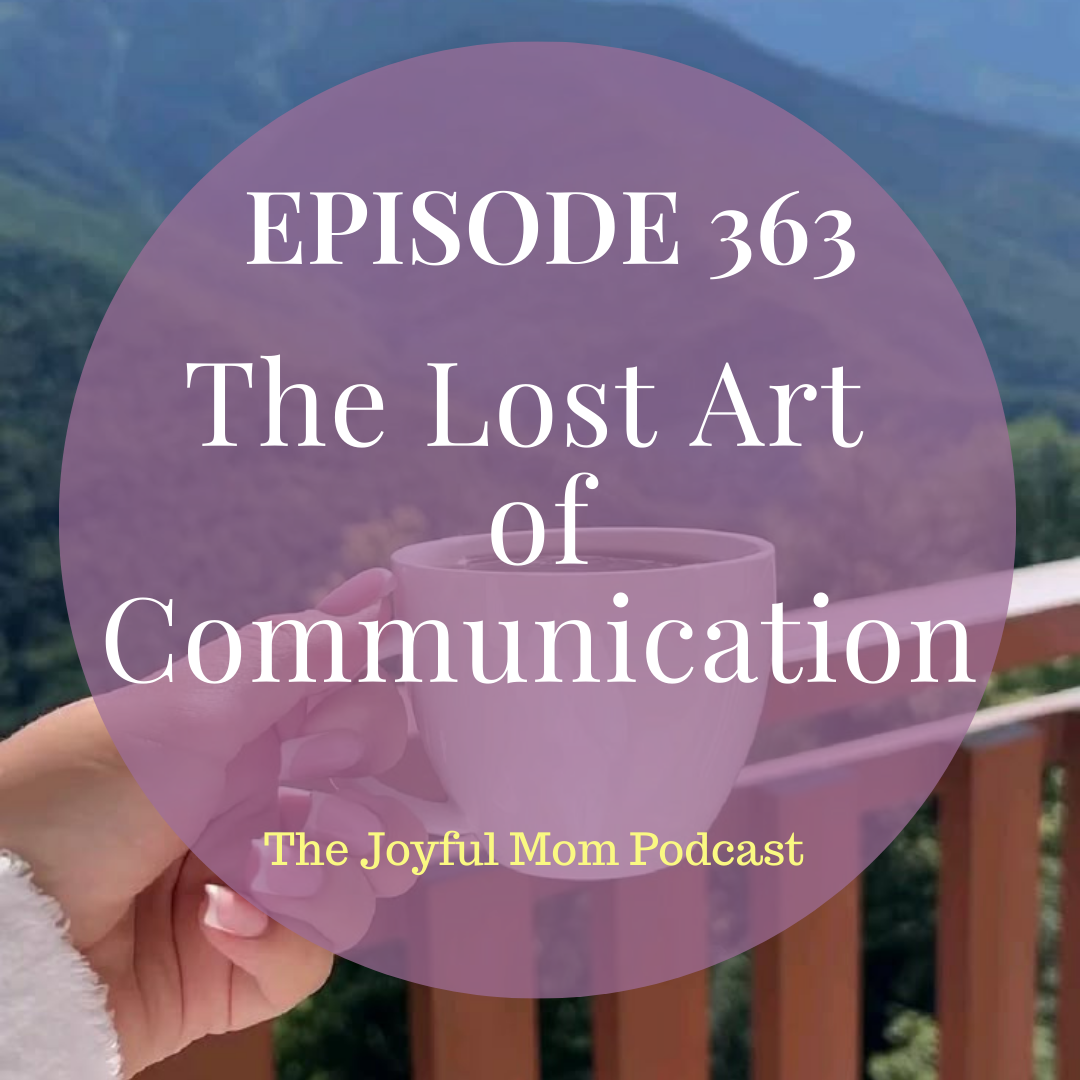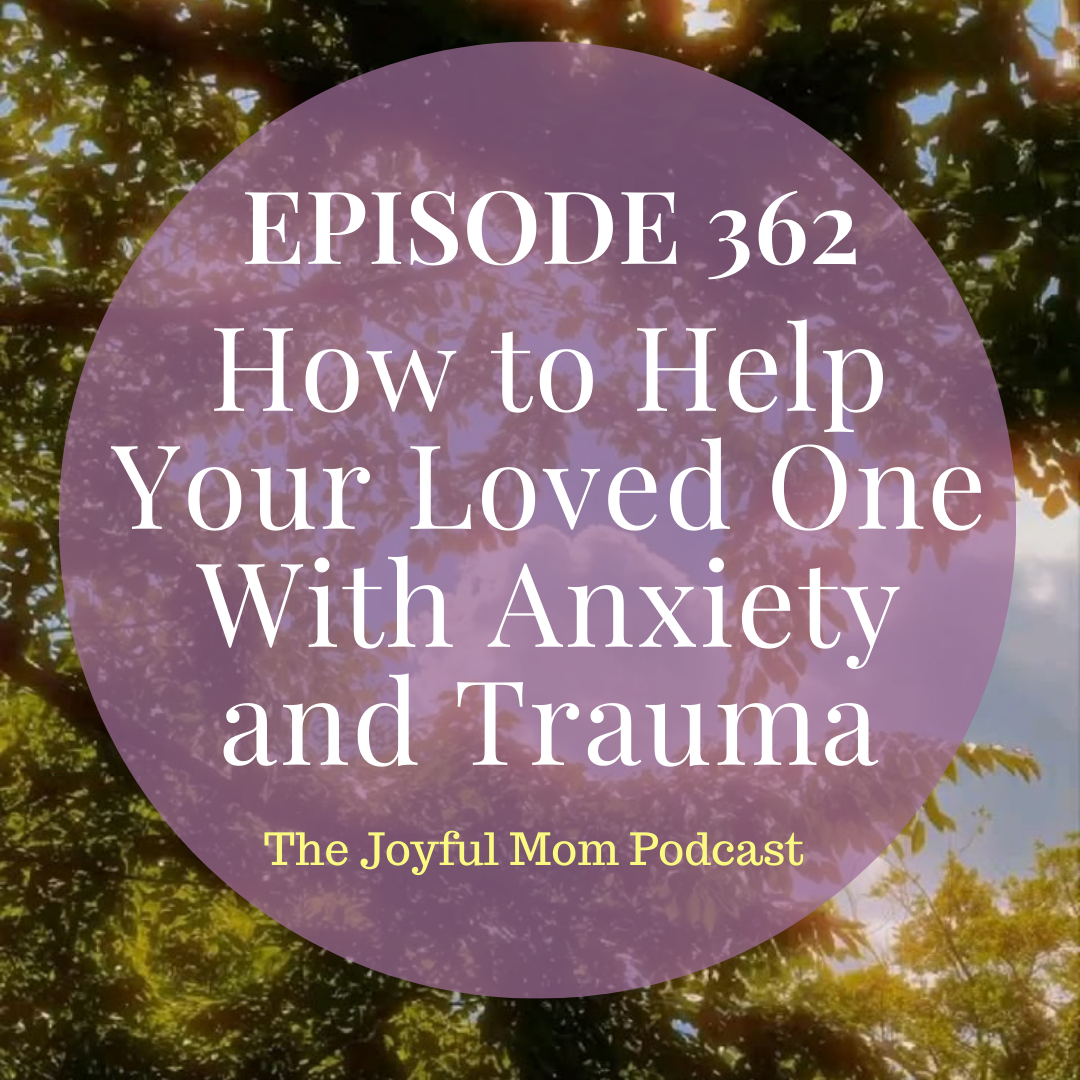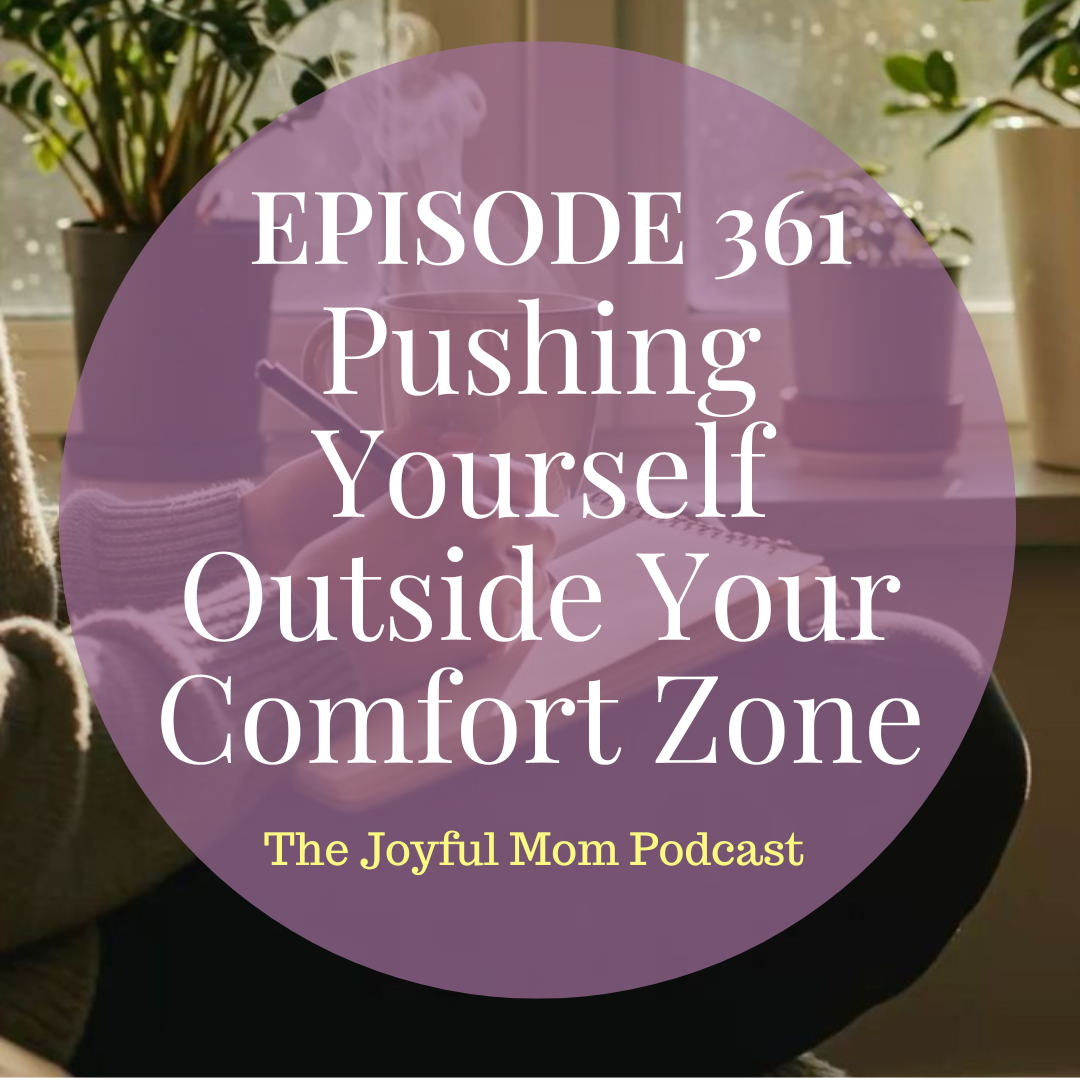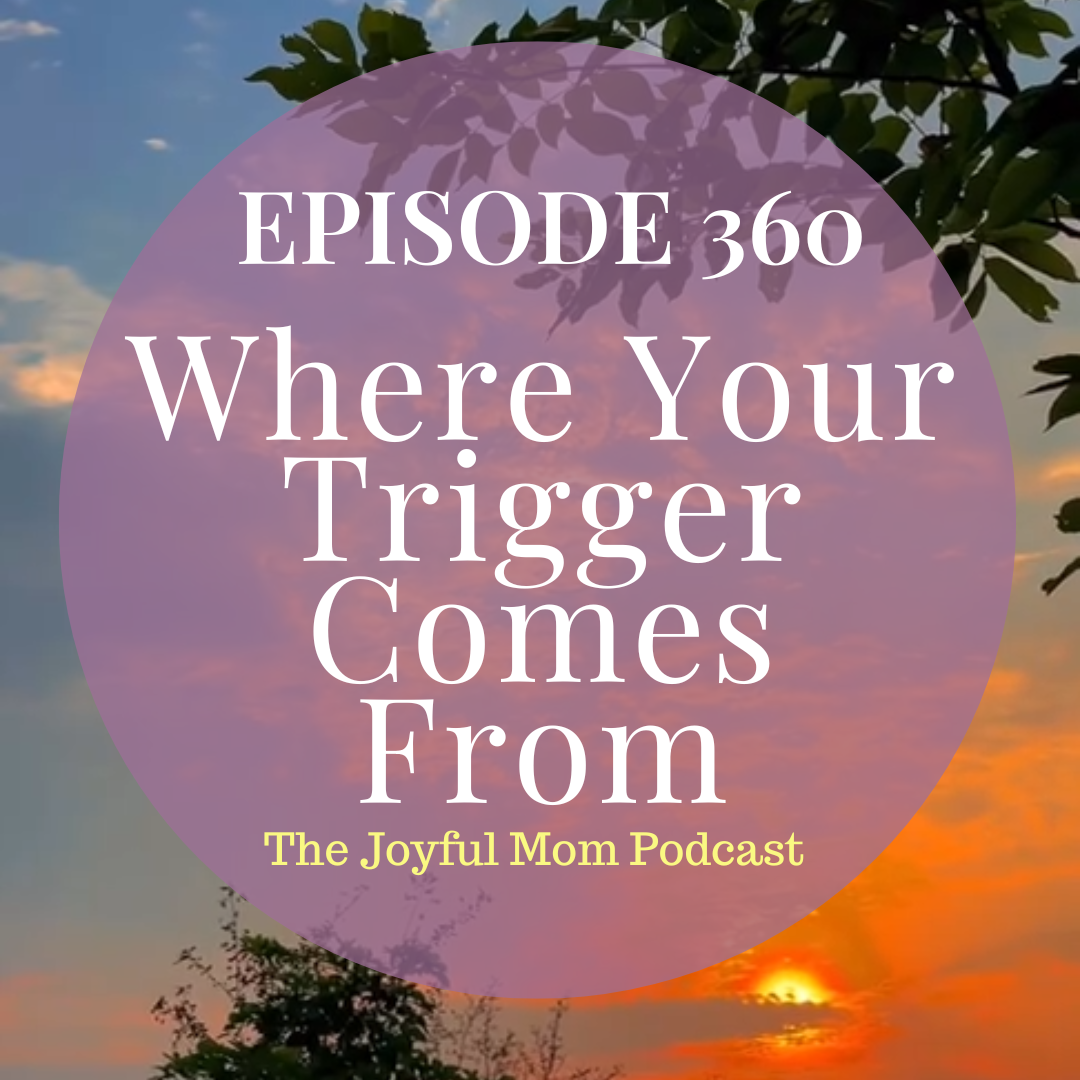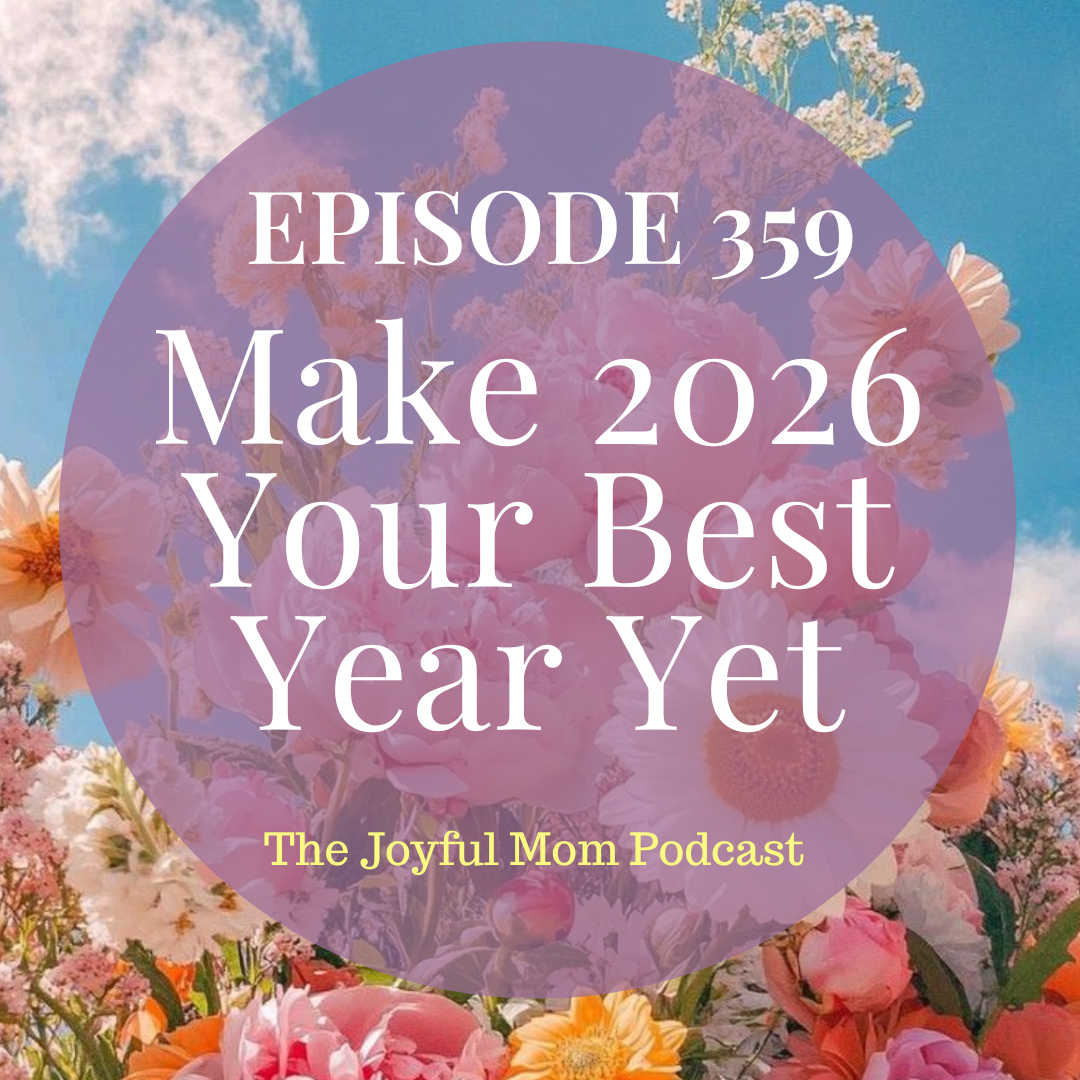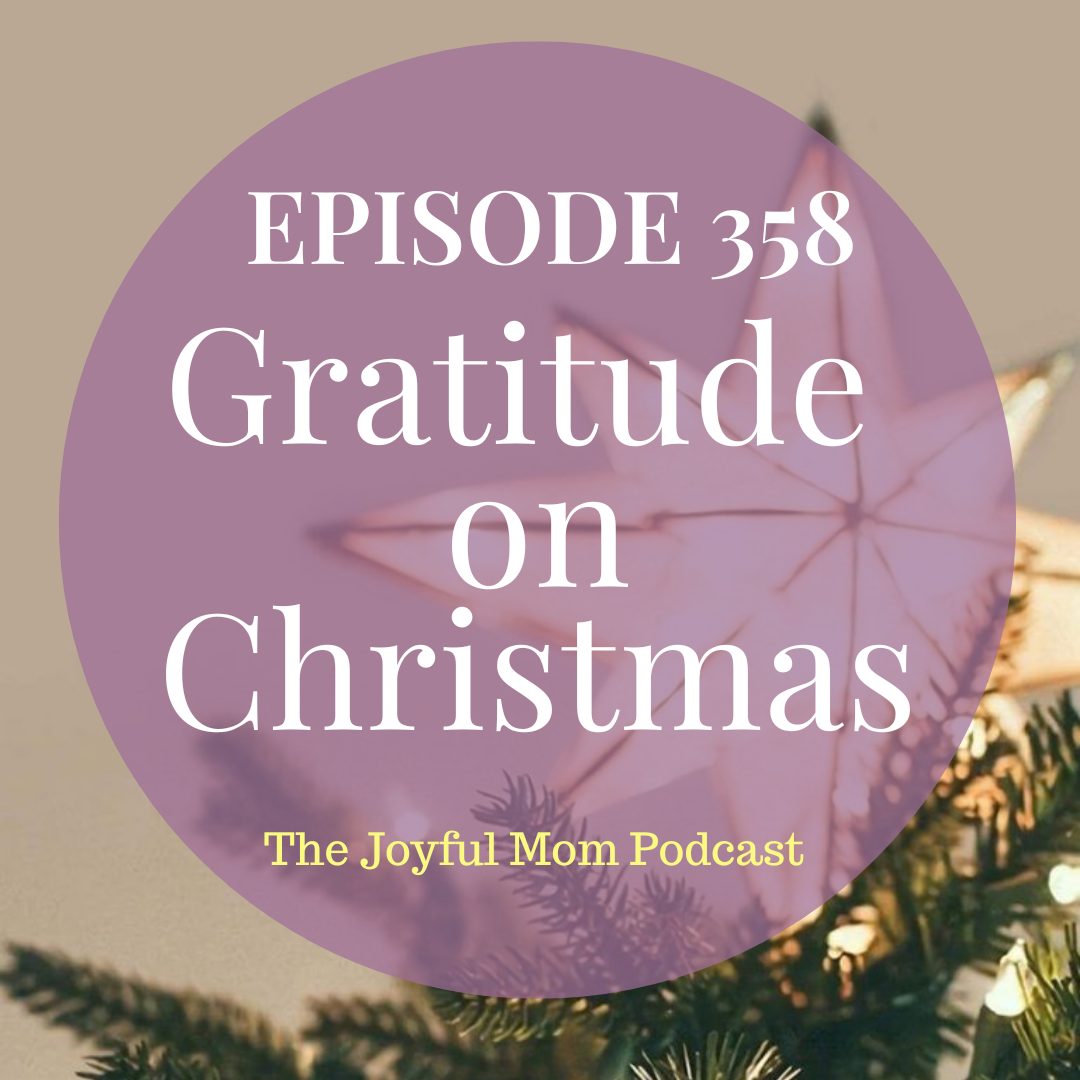154: 3 Pillars to Healing in Grief
Today we’re going to talk about the 3 pillars to healing. These are the 3 pillars that I have inside of Grieving Moms Haven. The reason I want to share about these is it can be helpful for you to understand different ways of processing pain, and how if you are focused only on one pillar, that the other pillars might help you access your body and mind in a different way but also why I focus on these 3 pillars and how they can help you.
So the 3 pillars in healing are, Processing through your mind, processing through your body, and Community.
Like I said, sometimes we focus solely on one area, and forget that there are other ways to support healing in our bodies and minds, and not always just healing, but growth and movement in our capacity to feel and experience what is happening in our lives. It’s like the ability to navigate through the difficult things we are working through in our lives. The reason I use all of these pillars is because each one has something amazing to offer, and sometimes we lean more on one than the others, but each one of these pillars can be incredible tools to help you process the grief in your mind, and in your body.
Your mind and your body are connected, so these are just different angles to support your body through.
Before we dive into these, I want to run through the Emotional Framework I use to help give you direction and awareness. It starts with the Lens in which you look through the world. Who are you? What is your identity? Who are you being as you experience a situation? Then, when something happens to you, an experience you have, you have thoughts about it. So this is where I think the mind part of this comes from. The thoughts that you have, what goes on in this part of the framework, is where you can make changes from.
From the thoughts that you have, you have emotions that come in your body. And then you act from the emotion that you are feeling, and then because of the actions you take, are the results you get in your life.
So, the processing in your body stems from the emotions side of this framework. And sometimes, in order to change the thought, you have to feel the emotion through fully, before you will even be able to let go of it. And sometimes you can change the thought, and immediately feel better.
So, let’s start with processing in your mind. This is processing that happens in your mind or brain. This is thought work, which is becoming aware of the thoughts going through your mind. This is noticing what thoughts are on repeat in your head, and noticing how these thoughts create the results in your life. This is how I spent a lot of my first time in grief. Talking and talking and talking. I needed to talk and get what thoughts were going through my head out of my head. I repeated my story over and over and over again. I talked about certain situations again and again. My mind was on hyperdrive, and it was all I could do to keep up with everything that was going on inside of it.
So this is a very important part of grieving. Talking, noticing your thoughts, processing your thoughts, and releasing thoughts that are no longer serving you.
You can do this through therapy, talking with friends, support groups, coaching, anything that deals with managing your mind, noticing your thoughts, and processing them.
An example that could help you is brain dumping, this would be especially helpful when your brain is spinning, and anxiety is high. Where you just write everything out of your head on to a piece of paper. When you can get it out of your head, and then take a look at it, there might be many things that you immediately can let go of, just because they are so real and big in your head, but when you put them on paper, you realize that it’s not actually something you need to worry about.
This is one way to process pain, let go of suffering, and focus on the things you want to in your life.
The next pillar is processing in your body.
This is a pillar that I don’t think people realize how important it is yet. Yes we hear all the time it’s important to feel your feelings. Let yourself feel what you feel. But- are you actually doing it? And why is it so important?
I recently asked a friend this, if she believes feelings play a huge role in your experience, and she said yes. A few years ago she wouldn’t have believed them to be so important to pay attention to, but now she believes it, and we were talking about how they affect everything. Your health, the actions you take, the relationships you have, the way you show up in your life.If you think of the emotions in your body, they are like energy. The energy needs to flow through your body. If you imagine a wall blocking it, it builds up, and builds up, inside of your body, instead of flowing through your body.
So how do you process sensations in your body? This can be any way that you can physically move energy. This could be massage, craniosacral therapy, yoga, meditation, tapping meditation, movement in your body like walking, breath work, mindfulness practices, sound meditation/therapy, emotion code, and sort of body work.
There are many different ways, and they can all be supportive of your body. These are physical, sensation, tangible ways. This actually is also how to finish trauma response cycles, to ground your nervous system, and calm your body down out of fight or flight responses as well. You can’t think your way out of trauma, but you can show your brain through your body, that it’s okay to relax, you are safe, and you are going to be okay.
These are not thinking with your mind, but you can do these processing activities with presence. Mindfulness. Being as you feel, experience, and allow.
There is something different about going on a walk and listening to a podcast, and going on a walk, noticing what you are feeling in your body, noticing the trees around you, intentionally thinking thoughts or affirmations as you walk. These are two completely different experiences.
So, just doing the activities isn’t the same, as doing the activities with intention, presence, and mindfulness.
The 3rd pillar I wanted to talk about, as it’s also a very important pillar in human connection and grief is community. Even if that community is just one person, but having someone else who gets you. Another person who can say, I hear you, I see you, I understand you. I often say that grieving moms have a language they can share without talking. It’s the language of the heart and the body, and you don’t even have to talk to understand.
Having a space to be exactly where you are, without needing to be anywhere different, or feeling judged that other people think you should be better or moving on by now is invaluable. I’ve had many moms inside of Grieving Moms Haven say over and over again, that they don’t have the community outside of here, and they are so thankful for this place where they can know if they need support, they can get it from here.
I found a study on PLOS One, the title was “What is good grief support? Exploring the actions and actors in social support after traumatic grief”
“Social support seems to enhance wellbeing and health in many populations. Conversely, poor social support and loneliness are a social determinant of poor health outcomes and can adversely affect physical, emotional, and mental well-being. Social support is especially important in traumatic grief. However, the ways in which grieving individuals interpret and define social support is not well understood, and little is known about what specific behaviors are perceived as helpful.” (from PLOS One)
I know for myself, I was a part of a group of moms that we could message each other any time we were feeling exhausted or like we can’t do this anymore. Any time we were struggling with something, we could share it there, and it was so nice to have a place where they get it. They know what I’m going through.
The moms in that group, some of them have become really good friends of mine, and we probably wouldn’t have become friends in the way we have if we didn’t both lose our babies.
So, I’ve talked about this on the podcast before, but what happens when you don’t have the support you thought you would? Maybe you thought your friends, or your family would be there to support you. Have you ever had a conversation with a friend since that just baffles you? Something like, they think you should move on, they ask you when you are going to be yourself again? And you don’t even have the words to explain how hard you are trying every single day. How getting up is a gargantuan effort? And then you feel very alone, because nobody understands you, and everyone wants you to be better and moving on already?
It feels unfair that friends and family aren’t always the best support system. It feels like they should be. If you have supportive family and friends, amazing, I’m happy for you. If you don’t, you have to do a little more work to find a place of support. You could join Grieving Moms Haven or come to my in person retreat this fall. You could go to a local support group. You could reach out to any moms you might know who have gone through the same experience. You could create a space of support, you could join a place of support. If you don’t have support in your life, please please find a space you feel comfortable and get the support. You don’t need to do this alone. There is support out there, and yes it can feel like people should do better, but if you don’t have the support you need, they are not, so it’s up to you to fill that void.
A part of having a community is learning deeply that you are not alone. If you’re anything like me, I felt crazy. I felt so isolated and like nobody understands me. But when I began to connect with others who get it, then I started to realize that I’m not crazy, I’m not alone, and my experience is completely normal. It’s amazing the weight that takes off your shoulders, when you don’t have to try to be different because you see you’re okay exactly where you are at.
Having people who get you, who understand the pain you are going through, who you don’t have to defend or try to explain the depth of your pain is invaluable. That’s why it’s a pillar I focus on. Because having that support is shown to help you cope and learn how to live again.
So, to recap the 3 pillars, it’s processing in your mind, this is noticing your thoughts, coaching, therapy, talking, being in your head, and then there’s processing in your body, this is any body work, mindfulness practices, movement, yoga, anything that helps you feel, experience, and notice sensations and energy in your body, and then the last one is community, having others who get you, who understand you, and you don’t have to explain yourself or what you are feeling, because you’re understood.
As always, I hope this episode is helpful for you in understanding yourself, and also, maybe notice if any of these 3 pillars are lacking in your life. Do you need to find a place that has one of these pillars? Do you need to add something else to support you in your life? Of course come join Grieving Moms Haven if so, as it’s based on all these pillars, your one stop place for everything you need to support you.
If you liked this episode, reach out to me on Instagram at Cultivated Family, share it in your stories and tag me there! Let's join together to get more moms this message of hope, support, and guidance for their grief journeys.
You got this my friend, I’ll see you next week! Take care!
Are you ready to stop cycling in the pain and anguish of grief? What if you could get a moment of calm and respite? After your child dies, everything feels hopeless, dark, and it’s hard to even think straight. Staying in survival mode keeps the cycle going.
Register to watch this free video on how to stop the pain, and feel better again.

